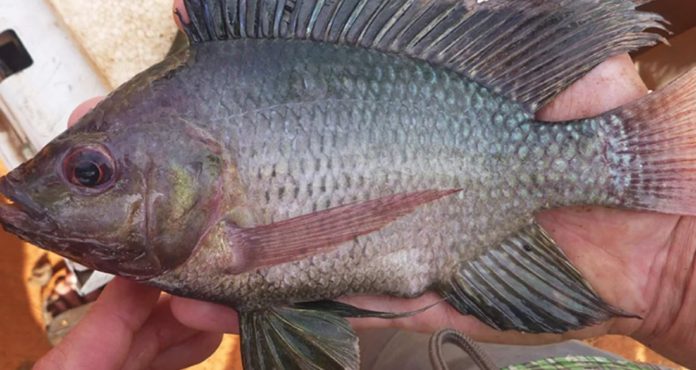WorldFish announced an inclusive legal agreement with Premium Aquaculture Limited (PAL) for the transfer of genetically improved farmed tilapia to Nigeria. This agreement will augur the establishment of a GIFT-based aquaculture industry in Nigeria. Bill and Melinda Gates Foundation (BMGF) and the United States Agency for International Development (USAID) are collaborating with WorldFish and PAL on this endeavour with the aim of having WorldFish/PAL GIFT tilapia in Nigerian fish markets by late 2023.
“This agreement reflects WorldFish’s ambitions for future growth and investment in the African continent and its confidence to impact at scale to support small-scale aquaculture producers charter their pathway out of poverty,” Dr Colin Shelley, WorldFish.
Elaborating on the agreement, WorldFish project leader for the Bill and Melinda Gates Project Dr Colin Shelley said, “this agreement reflects WorldFish’s ambitions for future growth and investment in the African continent and its confidence to impact at scale to support small-scale aquaculture producers charter their pathway out of poverty.”
Tilapia
Tilapia is one of the most important groups of aquaculture species in the world. In 2018, of the 82.1 million metric tonnes of aquaculture food-fish production, 5.5 million metric tonnes came from tilapia, 81% of which was Nile tilapia (Oreochromis niloticus).
The main bottleneck to expanding tilapia aquaculture and production – including through smallholder-based farming – is the lack of a systematically managed and maintained breeding population to produce high-quality seed in required quantities that are accessible to farmers year-round.
“Fish is critically important to Nigeria for food and nutritional security, foreign exchange, employment and livelihoods. Yet, a steep change in supplies and distribution is necessary over the next 20 years to realise its full potential,” DR Rohana Subasinghe, WorldFish
WorldFish’s GIFT has been distributed to many developing nations. Several studies have identified socio-economic benefits arising from farming GIFT, including improved rural income and employment.
According to the Asian Development Bank (ADB), the economic internal rate of return on investments in GIFT development and dissemination was more than 70 percent over a period from 1988 to 2010, with an estimated net present value of $368 million in constant 2001 prices. It has been estimated that nearly 50 percent of global Nile tilapia aquaculture production is now GIFT and GIFT-derived. About 75 percent of tilapia consumed in developing countries appear to be GIFT, confirming that the strain has the greatest potential for alleviating global poverty and hunger and improving nutrition.









